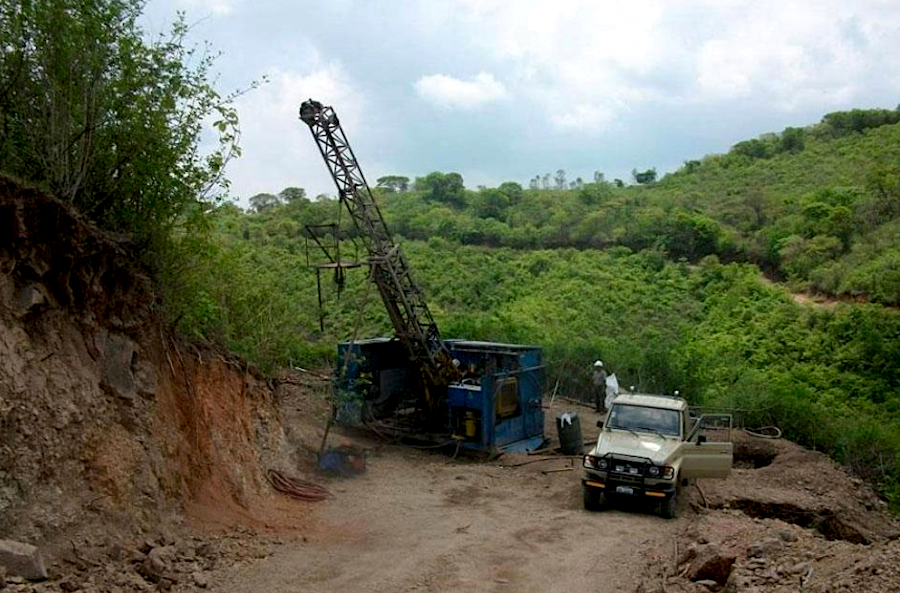Condor Gold losses narrow as progress at La India pays off

Nicaragua-focused Condor Gold (LON:CNR) saw losses narrow in the first three months of the year as administrative expenses almost halved in relation to the same period in 2018.
The miner logged a pre-tax loss for the period of £352,553, compared to a £602,678 loss a year before. This was almost entirely due to lower administrative expenses, which shrank to £352,989 from £602,915.
In the quarter, the company began the permitting process for two satellite feeder pits for its flagship La India gold project, which could increase open pit production by 50% to 120,000 ounces of gold annually during a seven-year mine life.
Miner logged a pre-tax loss for the period of £352,553, compared to a £602,678 loss a year before, as administrative expenses almost halved.
“The addition of the higher grade feeder pits has the potential to materially enhance project economics be reducing already low [all-in-sustaining-cash costs], improving the internal rate of return and reducing the payback period for the upfront capital costs of constructing a gold mine,” chief executive officer Mark Child said in the statement.
The America and Mestiza pits are located about 2km and 4km, respectively, from La India’s processing plant and complement the main open pit.
The decision to seek permits for the two satellite pits was based on a January updated mineral resource estimate for its fully permitted La India.
The plan is to begin by mining those “mini pits” within the larger, permitted one and truck that ore to a nearby processing plant, Child told MINING.com earlier this year.
During the period, Condor Gold also announced a private placement and subscription to raise £1.8 million to continue development of its concession package, covering 98% of the historic La India Gold Mining District.
Condor Gold initially staked concessions in Nicaragua, Central America’s largest country, in 2006. Since then, mining has significantly taken off in the country due to the arrival of foreign companies with the cash and knowledge to tap into its reserves.
More News
{{ commodity.name }}
{{ post.title }}
{{ post.date }}




Comments